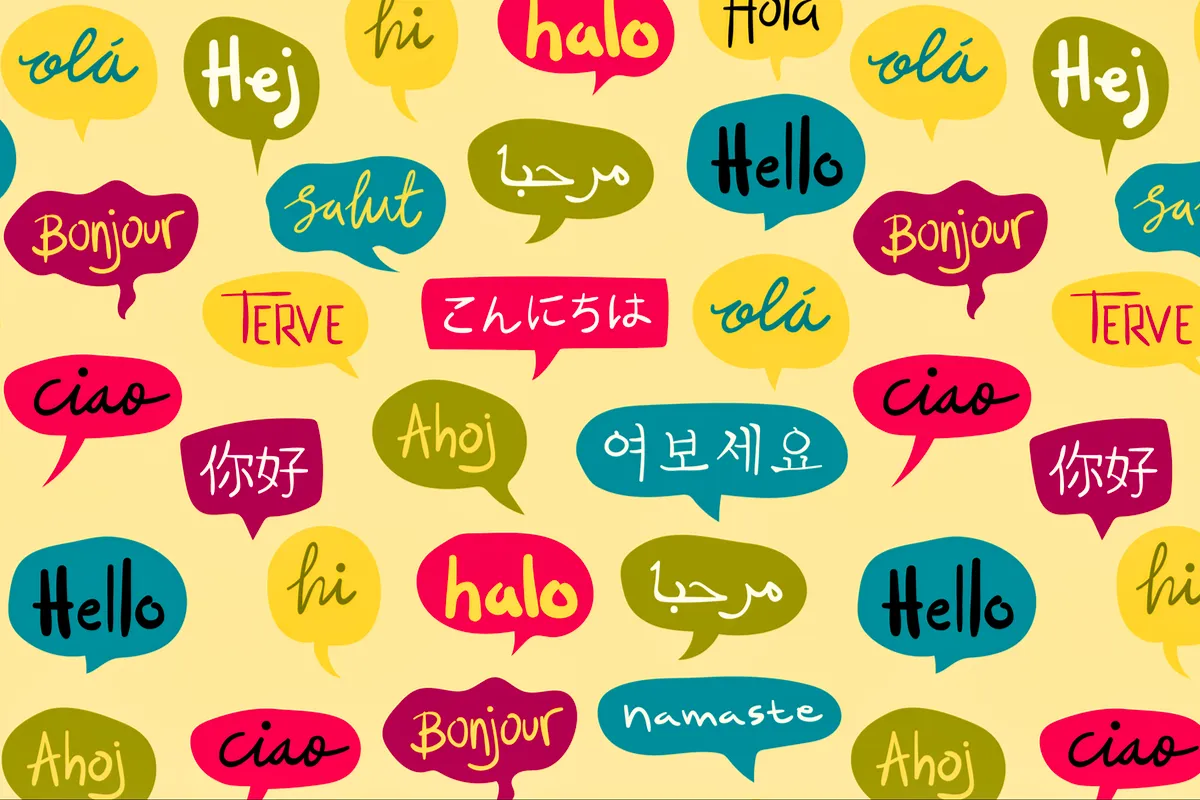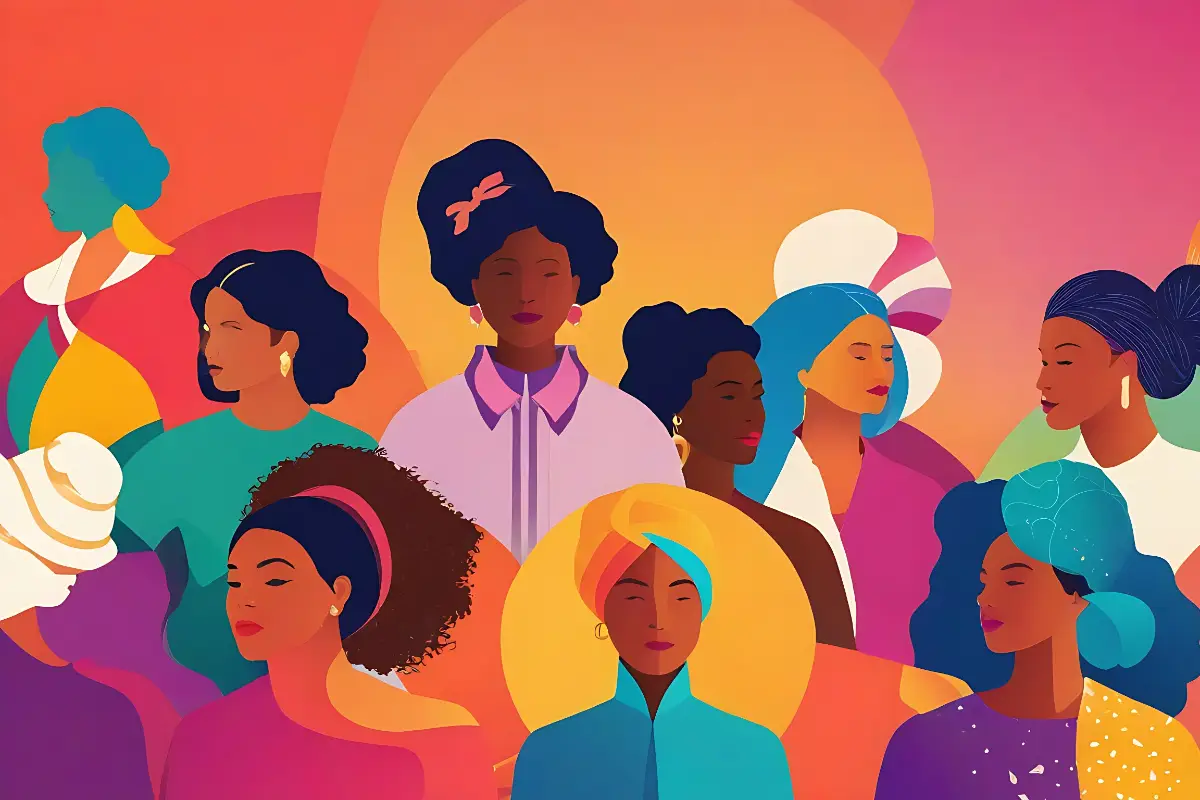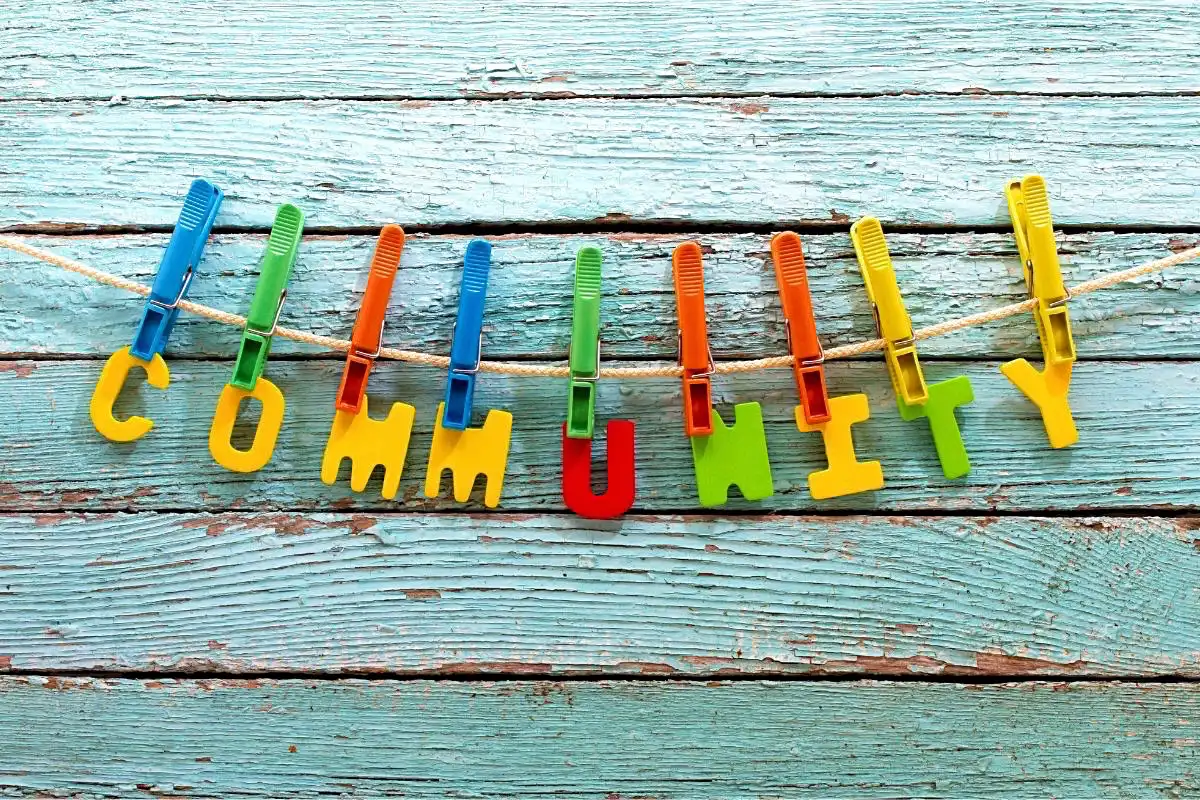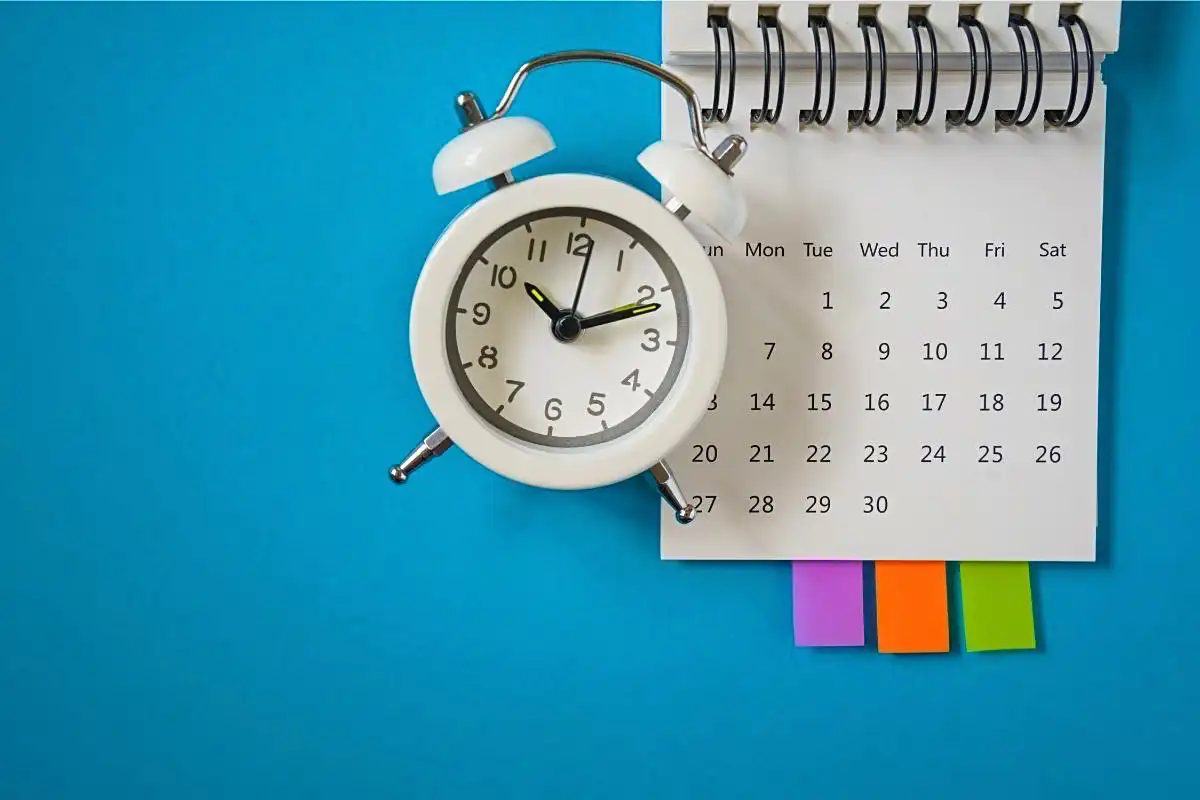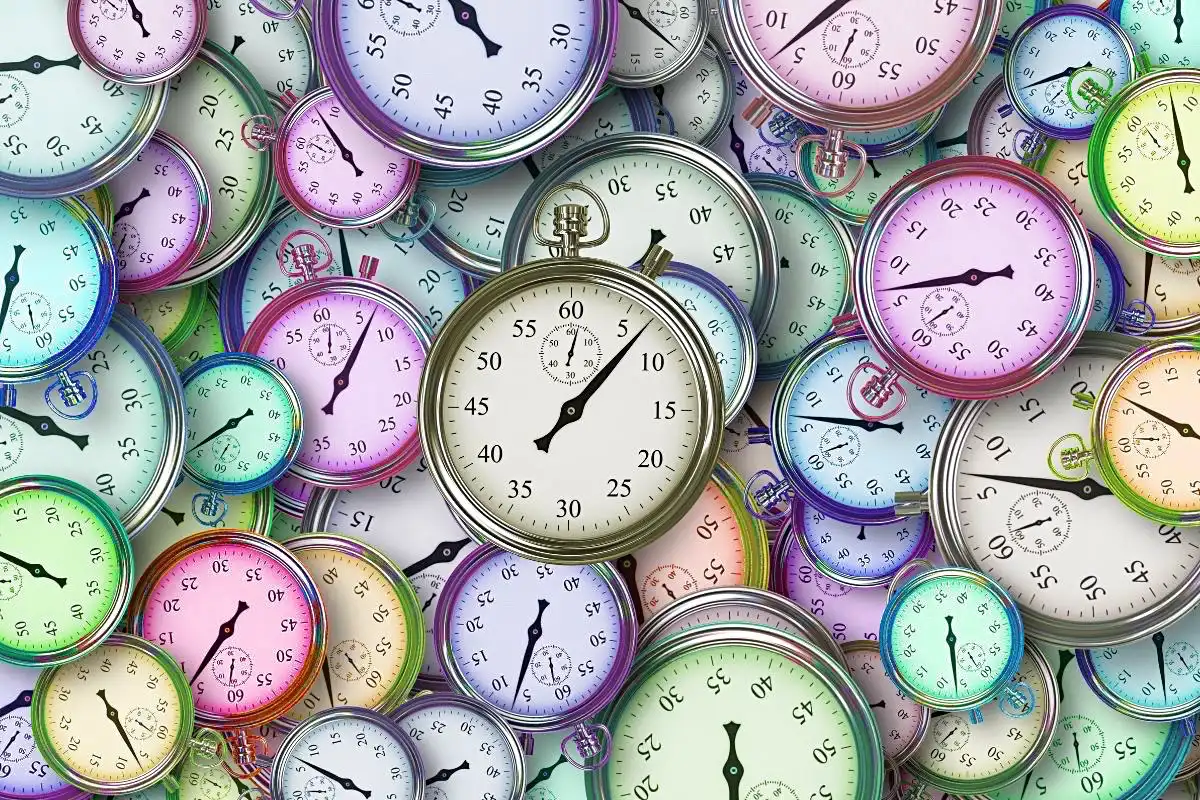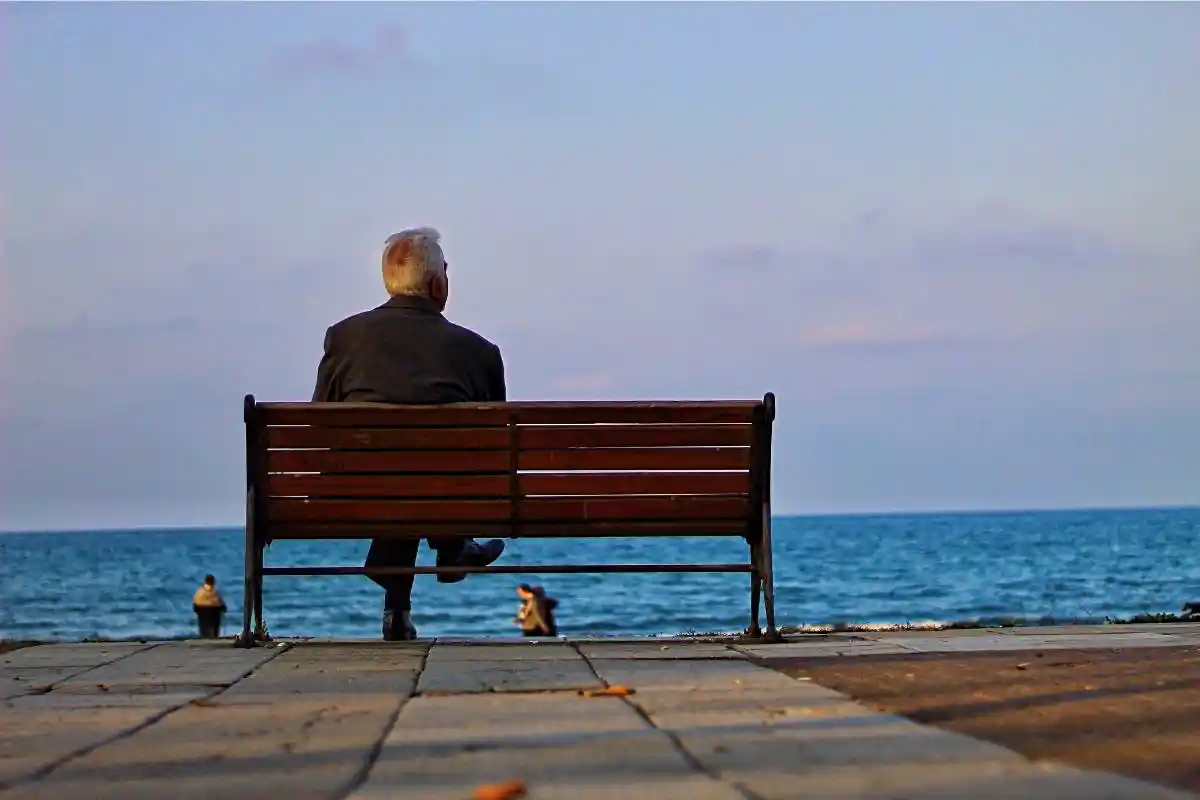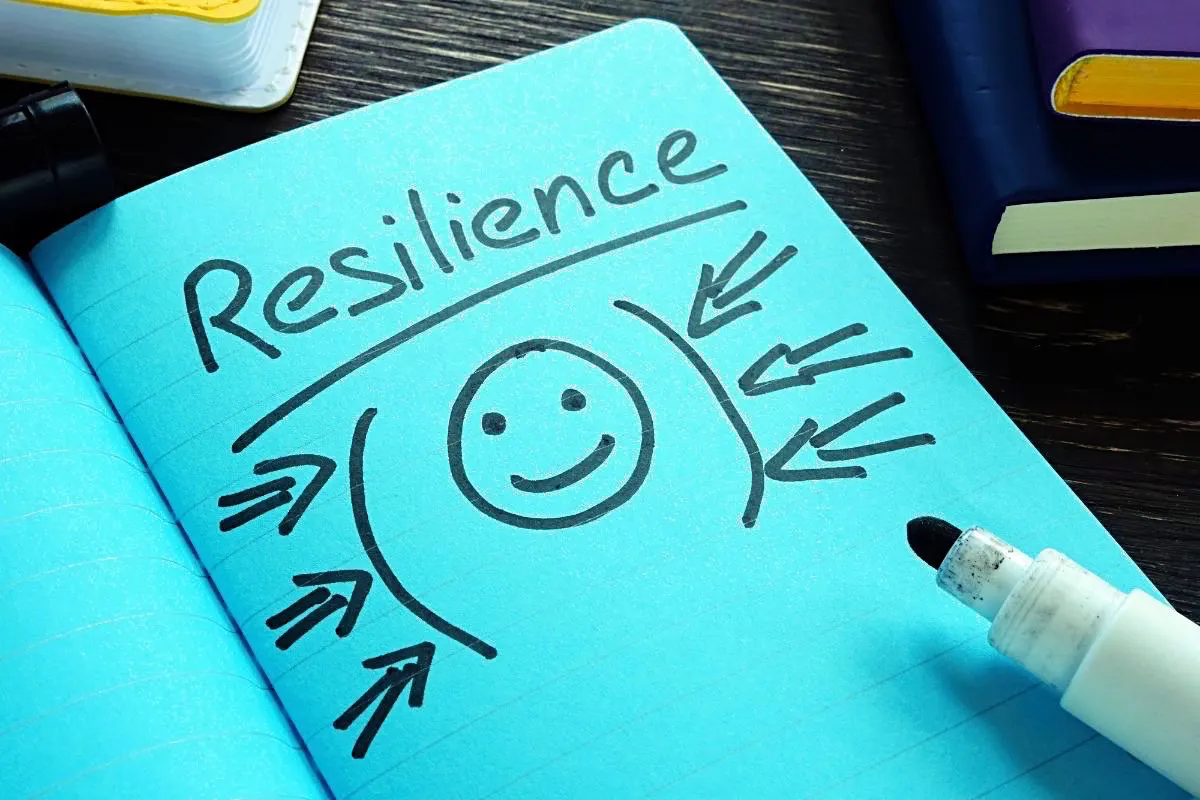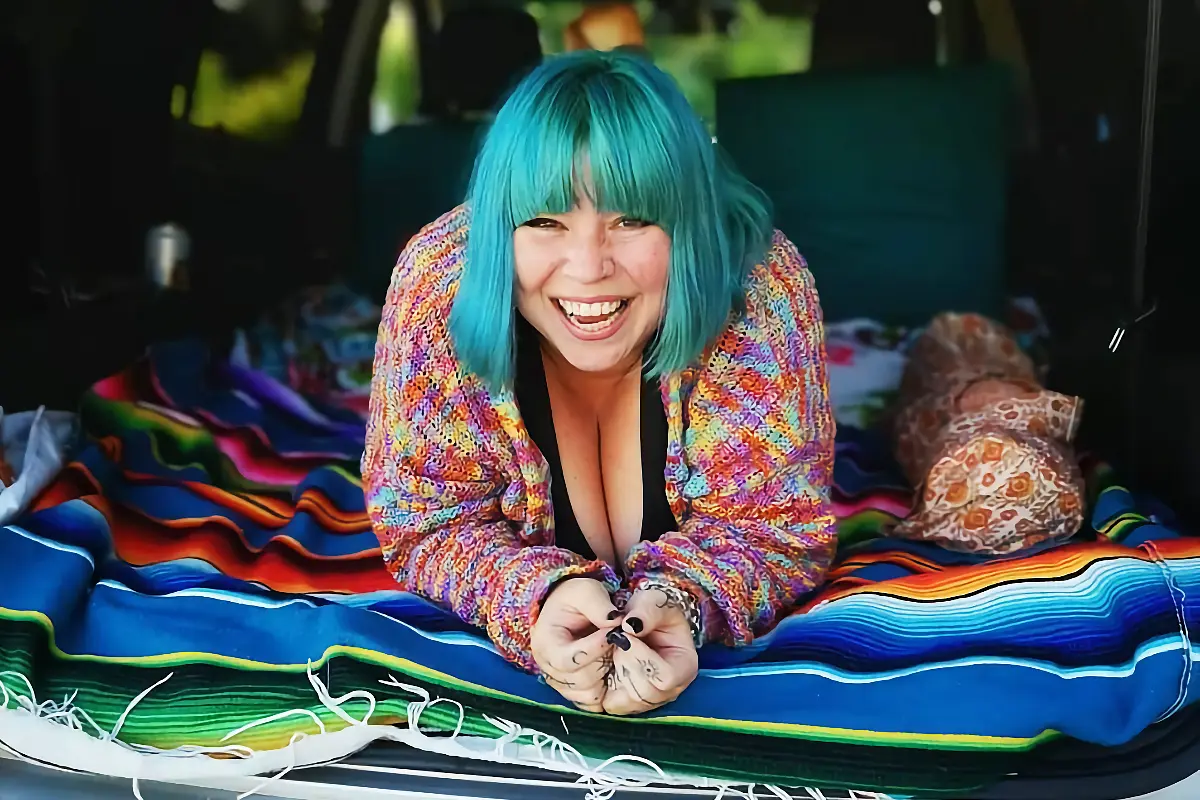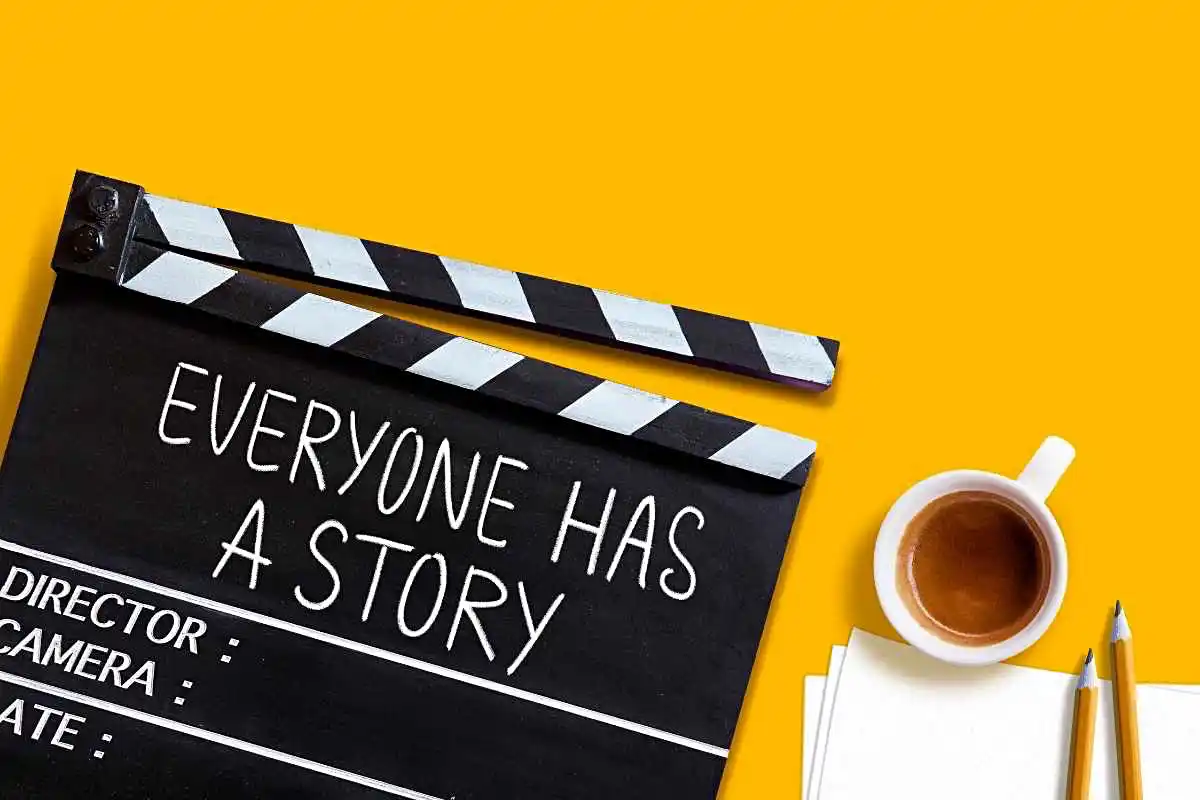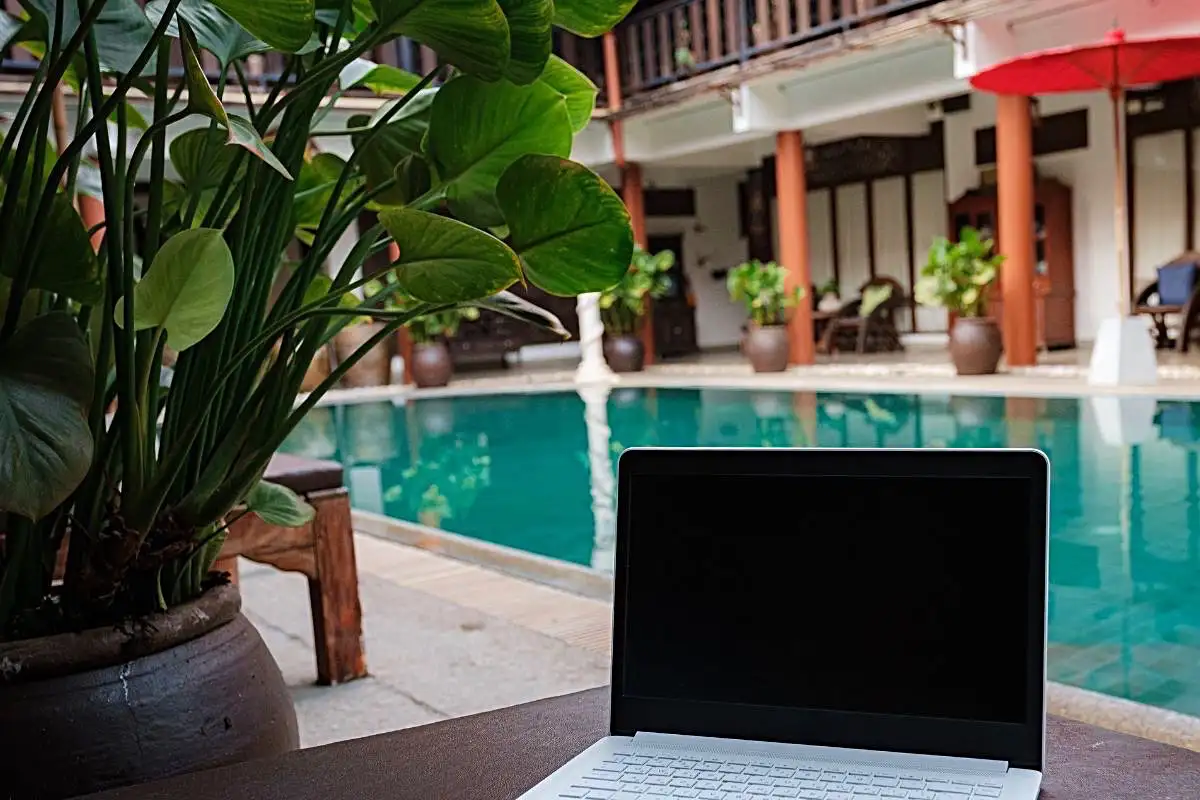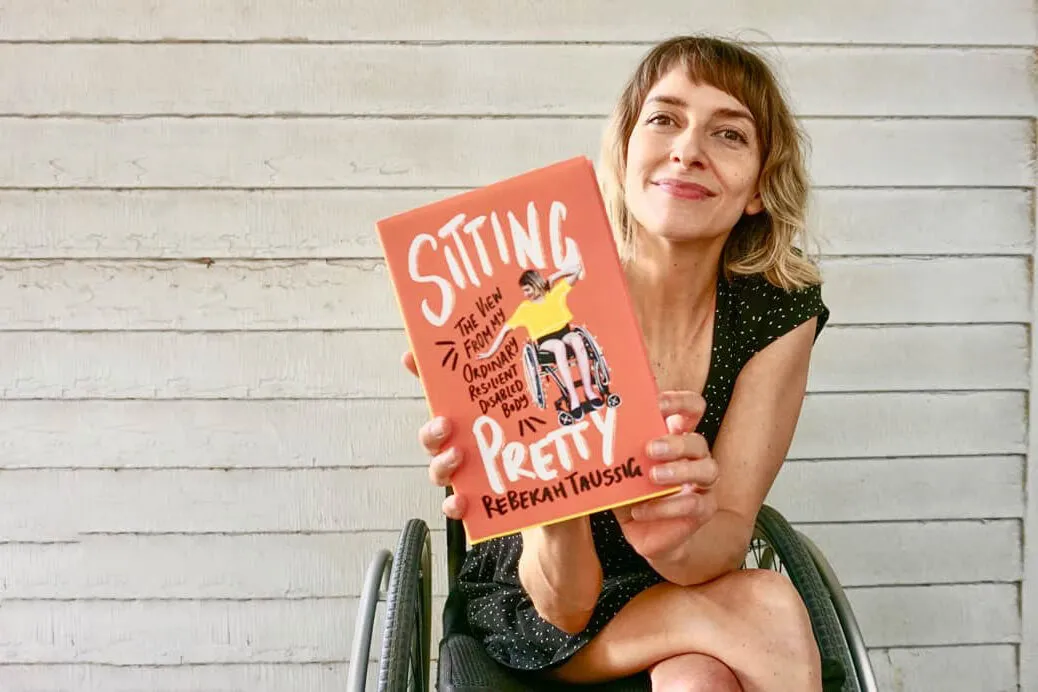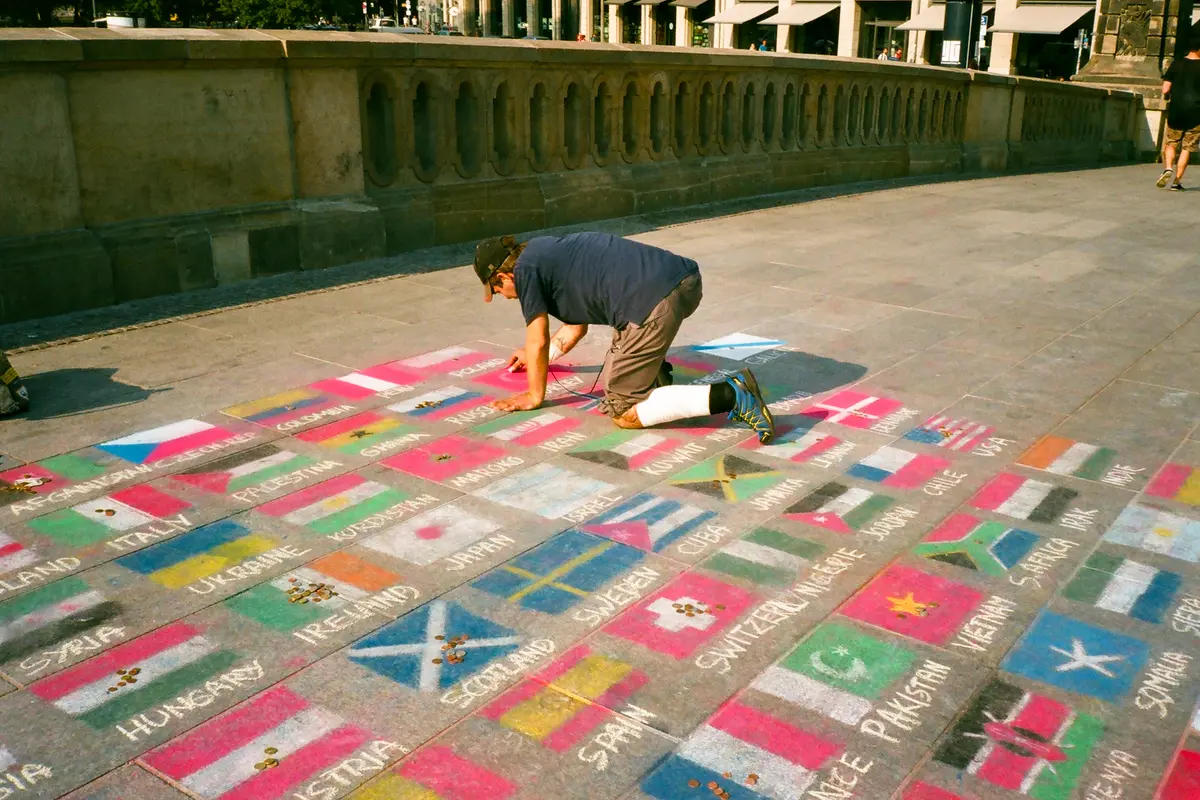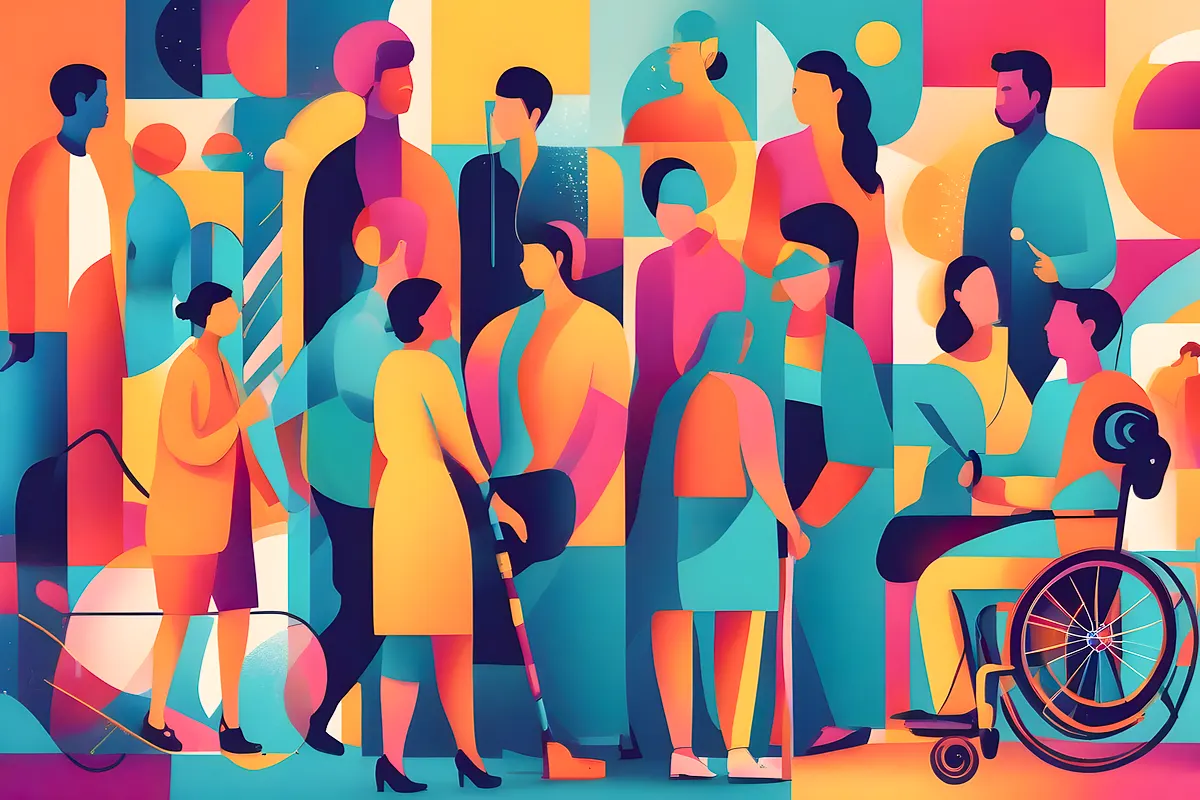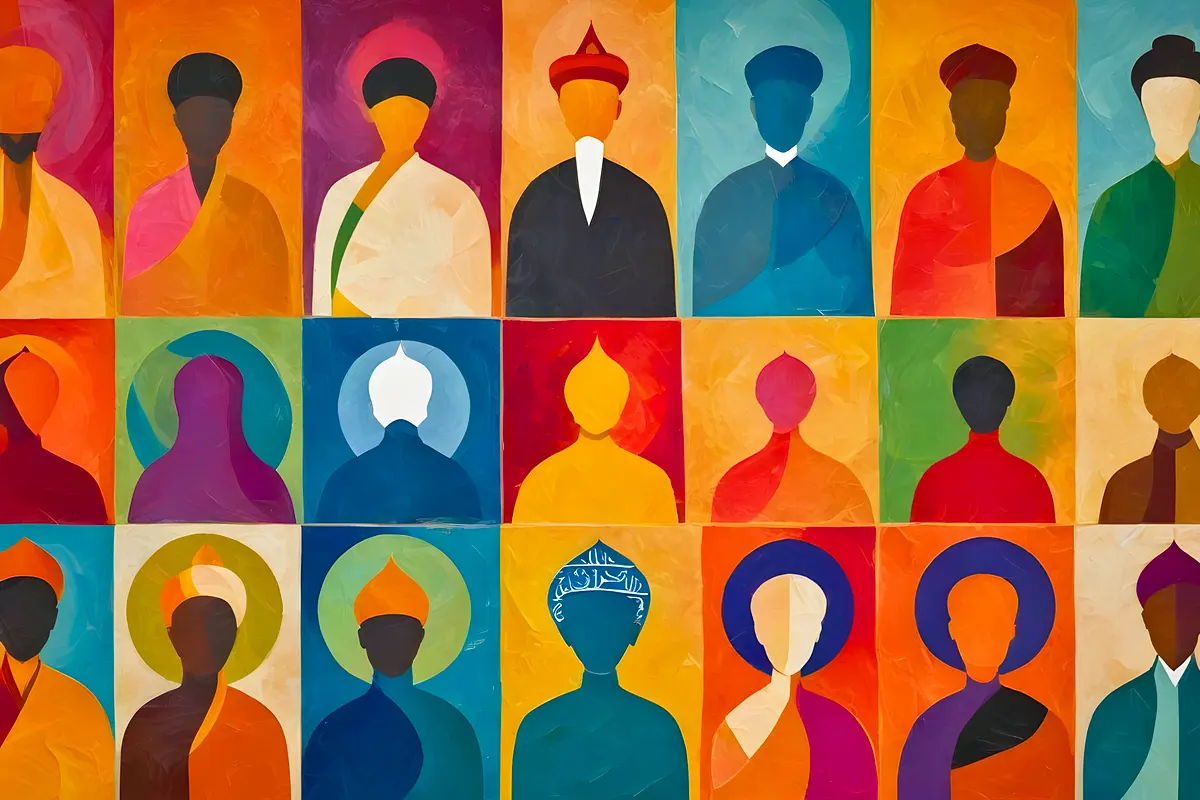Wellbeing in the Shadow of Alzheimer’s
Namaste Happy Minds. September is World Alzheimer’s Month, a time when conversations often centre on memory, research, and the people living with dementia and Alzheimer’s. It’s a condition that gradually affects not just memory, but relationships, routines, and everyday independence.
But there’s another side of the story that doesn’t get nearly as much attention. We talk a lot about stress at work; burnout, boundaries, balance… all of that. But what about the pressures we barely talk about at all?

Take caregiving. Most of us can picture the juggling act of raising young kids alongside work – it’s openly discussed, often supported. But what about the people doing the same kind of balancing act for aging parents or partners? Especially when dementia and Alzheimer’s come into play. That part is quieter. Almost invisible. And yet it shapes so many working lives.
I know this from watching my mum care for my gran. It wasn’t just the physical jobs; sorting meals, appointments, keeping her clean, and safe. It was the constant undercurrent of worry, the emotional highs and lows, and the way it slowly reshaped family life. There were moments when my gran would shine through; a laugh, a look, a phrase that was so her. And then, just as quickly, she’d slip away again. That coming and going was one of the hardest parts.
And my mum’s story is far from unique.
The second shift no one sees
For caregivers, the working day doesn’t end when they close the laptop or clock off their shift. It continues in another form: preparing meals for a parent who’s forgotten how, managing hospital visits, double-checking the house for safety hazards, or answering a phone call late at night because a loved one has wandered outside in confusion.

In the UK alone, there are around 700,000 unpaid dementia carers, many providing more than ten hours of care a day. That’s time on top of paid work, and it adds up quickly. No wonder burnout creeps in quietly, and lives begin to feel stretched to breaking point.
It’s relentless. And it’s exhausting. But from the outside, you might never know it’s happening. Many caregivers keep quiet, worried about being seen as unreliable or “less committed” at work.
The complicated reality of caring
Caring for someone with Alzheimer’s isn’t just physically tiring, it’s emotionally complex. I remember sensing that in my mum: the boundless love, yes. So much love. But also the sadness, the frustration, even flashes of resentment. All tangled up with guilt, and that constant undercurrent of “I should be doing better.”
Those feelings can be hard to admit, and guilt often follows close behind. But they’re human. And pretending they don’t exist only adds to the weight. Which is why compassion matters so much: in families, in friendship groups, and in workplaces.
Why it matters at work
When we think about wellbeing in the workplace, we often focus on stress, workload, or family leave for parents. But Alzheimer’s caregiving is different. It’s long-term. It’s unpredictable. It doesn’t fit neatly into a policy.

And the impact is visible in careers: research shows that one in five working female dementia carers in the UK has reduced their hours or moved from full-time to part-time work, compared with just 3% of men. Women are also 2.5 times more likely to provide 24-hour care.
So when workplaces overlook this reality, the outcome is predictable: burnout, stalled careers, and teams losing brilliant talent – not because people aren’t capable, but because they’re trying to do two full-time jobs without enough support.
What support can look like
Support doesn’t have to be complicated or expensive. Sometimes it’s the small, human shifts that make the biggest difference. Managers who ask the right questions and listen with empathy. Flexible working that allows someone to make a hospital appointment without panic. A culture where it feels safe to say, “I’m caring for a parent with Alzheimer’s,”without worrying it will change how they’re seen.

Looking after the carers too
Caring for someone with Alzheimer’s can be all-consuming, but carers need care as well. It’s easy to forget yourself when someone else depends on you so completely. Yet making space for your own wellbeing isn’t selfish; it’s essential.
Here are a few small but powerful reminders from Alzheimers.gov:
- Accept help when it’s offered. You don’t have to do everything alone.
- Look after your health. Meals, rest, and movement really do matter.
- Stay connected. Talking to friends, family, or peer groups can ease isolation.
- Make time for you. Even small breaks can restore energy and perspective.
- Know your limits. Reaching out for professional support isn’t weakness; it’s strength.
If you’re supporting someone with Alzheimer’s, you don’t have to carry it all by yourself. Resources like the Alzheimer’s Society in the UK, Alzheimer’s NZ or the Alzheimer’s Association in the US are there to guide, connect, and support carers as well as those living with dementia.






































